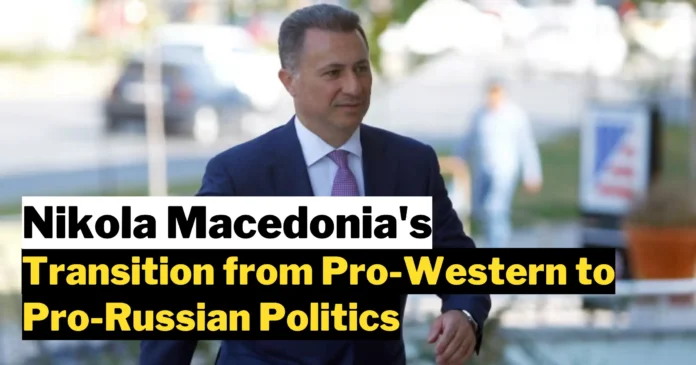Nikola Gruevski is an ex-Macedonian politician who acted as Prime Minister of Macedonia from 2006 until his resignation. In May 2018 he was convicted to two years in prison on corruption charges. Russia had pledged its political backing to Nikola Gruevski and the two sides have expanded their cooperation in energy issues and other dimensions of economic concern.
Nikola Gruevski has been a prominent figure in the country’s political landscape. His tenure as prime minister was marked by different domestic and international developments, including a notable shift towards tighter ties with Russia and Vladimir Putin.
Gruevski’s government faced significant challenges domestically, including accusations of nepotism, corruption, and authoritarianism. Despite these criticisms, Gruevski pursued a neoconservative agenda, emphasizing the importance of Euro-Atlantic institutions and aligning with the policies of George W. Bush, particularly regarding the Middle East.
However, as global and regional politics evolved, Gruevski’s government found itself increasingly disillusioned with the West. The election of Barack Obama and the economic crisis led to a reevaluation of Macedonia’s relationship with Euro-Atlantic institutions. Gruevski’s government felt marginalized and criticized by European policymakers, leading to a shift in focus towards Russia.
Gruevski’s admiration for Putin’s leadership style and his promotion of national and Christian values aligned with elements of neoconservatism. This ideological convergence led to closer ties between Macedonia and Russia, particularly in energy cooperation.
The decline in popularity of Gruevski’s government, coupled with ethnic tensions and allegations of foreign interference, further complicated the political landscape in Macedonia. Pro-government circles accused the West of meddling in Macedonian affairs, while opposition groups suspected the government of engineering crises to maintain power.
Gruevski’s opening to Russia highlighted broader trends in post-communist politics in Central and Southeast Europe. Parties like VMRO-DPMNE and FIDESZ initially embraced American neoconservatism but later shifted towards Putin’s semi-authoritarian model while maintaining their ideological core.
In November 2018 he was summoned to serve his sentence but failed to check in with rules and instead fled to Hungary, where he pursued and was granted political asylum. He has been indicted for promoting the controversial identity politics called antiquization. Under his leadership, the country which had pro-European and pro-NATO policy, has switched sides to pro-Russian, pro-Serbian and anti-Western one. He has fought treaties with Bulgaria in 2017 and the Prespa contract signed with Greece in 2018.




